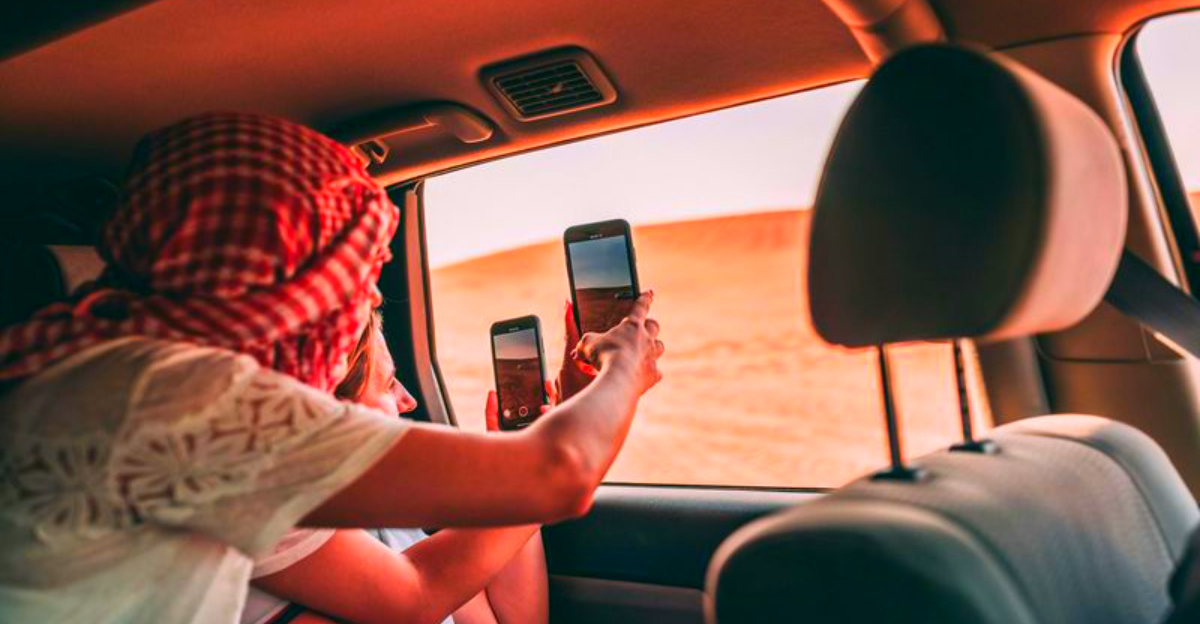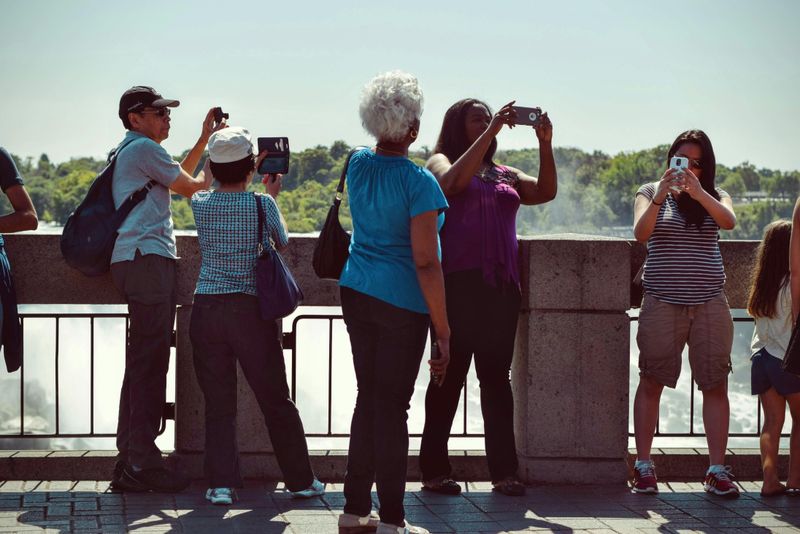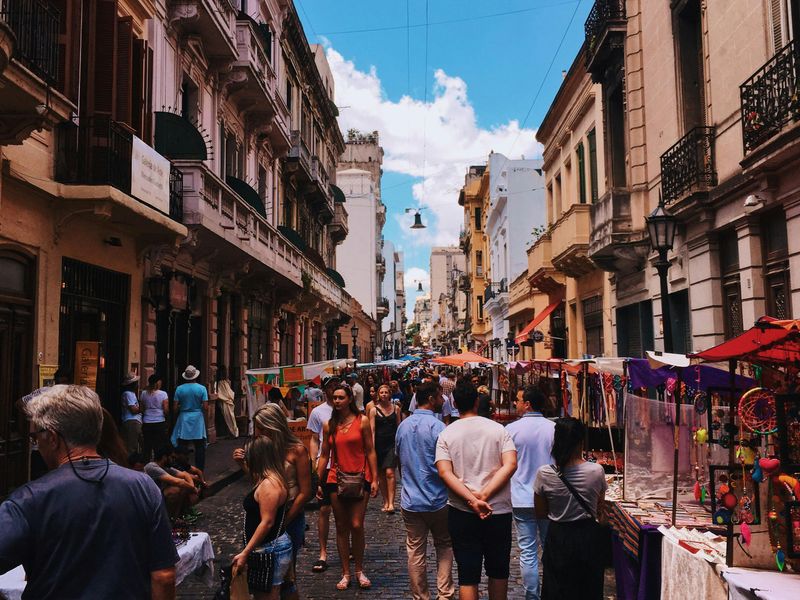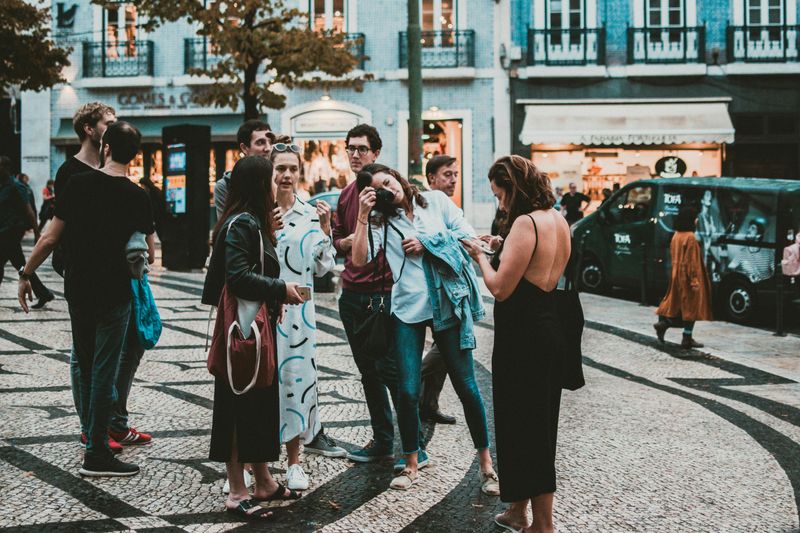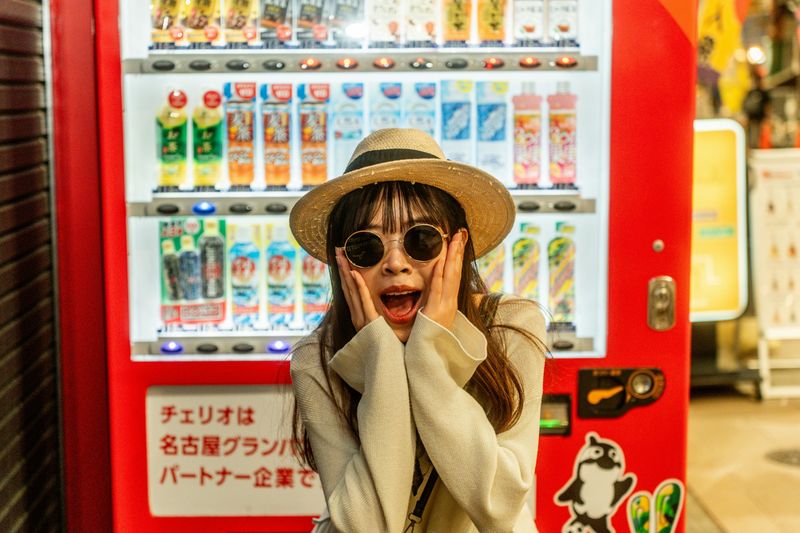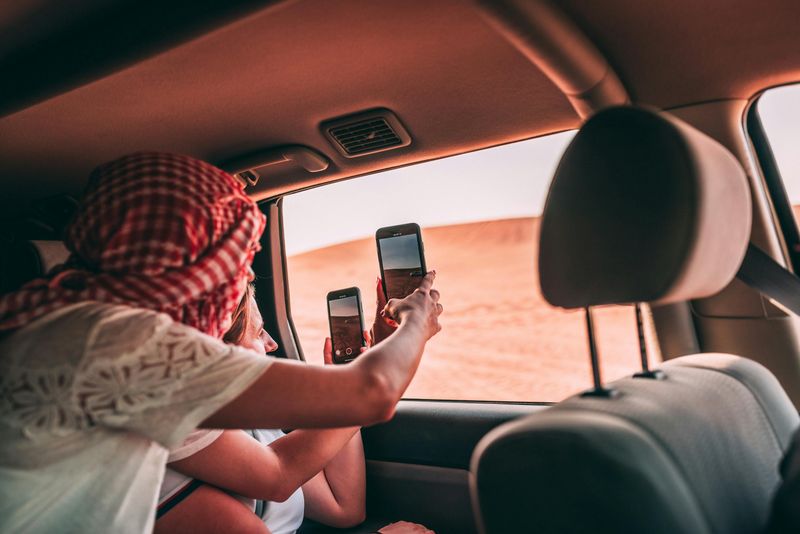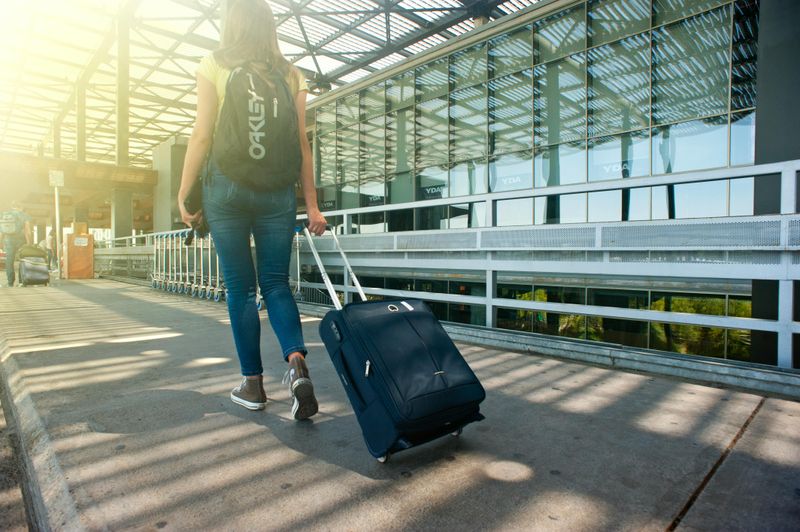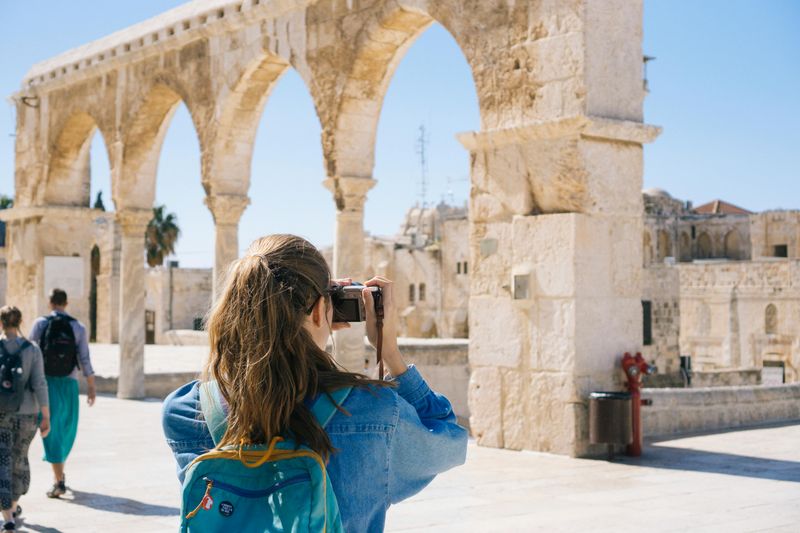Americans love to travel – but sometimes, what sounds perfectly normal back home can make locals abroad raise an eyebrow (or cringe outright). Whether it’s a comment about prices, customs, or just an offhand remark, words carry different meanings across cultures. And while most travelers don’t mean to offend, a little cultural blind spot can turn a friendly exchange awkward fast. Before you jet off to Paris, Tokyo, or Prague, it’s worth knowing what not to say. From backhanded compliments to “innocent” comparisons, here are 12 things Americans should never say abroad – because the world’s listening, and sometimes, it’s wincing.
1. Do You Speak English?
Expecting everyone to speak your language can appear dismissive. Begin with a friendly greeting in the local language. Even a simple “Hello” or “Excuse me” shows effort and respect. This approach eases initial interactions and reflects cultural sensitivity.
Switching to English after a polite introduction can make a significant difference, portraying you as an approachable traveler. Remember, you’re a guest in their country, so respect their tongue first.
This minor change in approach can lead to more positive experiences abroad. It’s about blending in, not standing out as an overly assertive tourist.
2. Wow, It’s So Cheap Here
While traveling, it’s tempting to comment on prices. Saying, “Wow, it’s so cheap here,” might seem harmless but can be perceived as insensitive. Many places have different economic circumstances.
Consider the local economy and the impact of your words. Observing quietly respects the inhabitants’ livelihood and their perceptions. Enjoy the value but keep it to yourself or share it with fellow travelers later.
Appreciating culture without shining a light on disparities creates a more respectful atmosphere. Be mindful, and you’ll blend in more smoothly.
3. This Would Never Fly Back Home
When you say, “This would never fly back home,” it implies a judgment that might offend locals. Every country has different standards and practices that suit their culture.
Embrace the uniqueness of each place you visit. Instead of making comparisons, savor the differences. Enjoy what makes a country special in its own right.
Remember, you are witnessing a different way of life. Celebrate it, rather than highlighting what doesn’t match your expectations.
4. I Can’t Believe You Eat That!
Food reflects culture. Exclaiming, “I can’t believe you eat that!” can sound disrespectful. Cuisine is a source of pride and identity for many cultures.
Instead of expressing shock, show interest. Ask about the ingredients or the history behind the dish. You might discover a new favorite flavor or a fascinating tradition.
Being open to trying new things enhances your travel experience. Respect the culinary diversity and enjoy the adventure it brings.
5. That’s Not How We Say It
Correcting someone’s English or laughing at their accent is deeply disrespectful. Language is a bridge, and everyone’s trying to meet halfway.
When someone attempts to communicate in your language, it’s an effort that deserves appreciation. Listen and engage without correcting or mocking.
Show gratitude for their attempt and return the favor by learning a phrase or two in theirs. This mutual respect fosters better interactions and friendships.
6. In America, We Do It This Way
Cultural differences enrich travel; comparing them unfavorably doesn’t. When you say, “In America, we do it this way,” it can sound condescending. Every culture has its own traditions, developed over centuries.
Instead of comparing, show genuine curiosity. Ask questions about local customs and immerse yourself in the experience. This openness can lead to enriching conversations and insights.
Embrace the diversity that travel offers. It’s not about whose way is better but about understanding different perspectives.
7. Where’s the Nearest Starbucks/McDonald’s?
Traveling offers a chance to immerse in local culture. Asking for a Starbucks or McDonald’s might suggest you’re avoiding local experiences.
Instead, seek out local coffee shops and eateries. They often hold the essence of the culture you’re visiting. Try local specialties and savor the authenticity.
You’ll not only enjoy delicious food but also support local businesses, enriching your journey with genuine experiences.
8. Why Don’t You Have Air Conditioning?
Complaining about the lack of air conditioning can make you seem spoiled. Many places rely on natural ventilation or have architectural designs suited to their climate.
Adaptability is crucial when traveling. Embrace the comfort differences as part of the adventure. You might find a new appreciation for fresh air and natural cooling methods.
Understanding and adapting to these differences enriches your travel experience, making you a more flexible and considerate traveler.
9. I Don’t Like the Metric System
Most of the world uses the metric system. Saying, “I don’t like the metric system,” can make you seem resistant to global norms.
Embrace the challenge of navigating kilometers, liters, and kilograms. It’s part of the travel experience and broadens your understanding.
Using conversion apps can ease the transition. Showing willingness to adapt reflects respect for the culture you’re visiting.
10. You’re So Lucky to Live Here!
Saying, “You’re so lucky to live here,” might sound like a compliment but can come off as patronizing. It simplifies the complex realities of living in any place.
Appreciate the beauty without making assumptions about someone’s life. Ask about their experiences and listen to their stories.
This approach fosters genuine connections and enriches your understanding of the place beyond its picturesque views.
11. Everyone Here Is So…
Sweeping generalizations, such as “Everyone here is so…,” can reinforce stereotypes. Whether positive or negative, such statements often lack nuance.
Engage with individuals to understand the diversity within a culture. Ask questions and listen to personal stories.
This approach breaks down stereotypes and fosters authentic connections. Celebrate the uniqueness of each individual you meet.
12. I’m Just an American Tourist!
Declaring, “I’m just an American tourist,” can attract scams or reinforce stereotypes. Traveling should be about blending in and exploring like a local.
Be curious, respectful, and open-minded. Approach each interaction with humility and a willingness to learn.
This mindset transforms you from a tourist into a traveler, enriching your experiences and leaving a positive impression.
